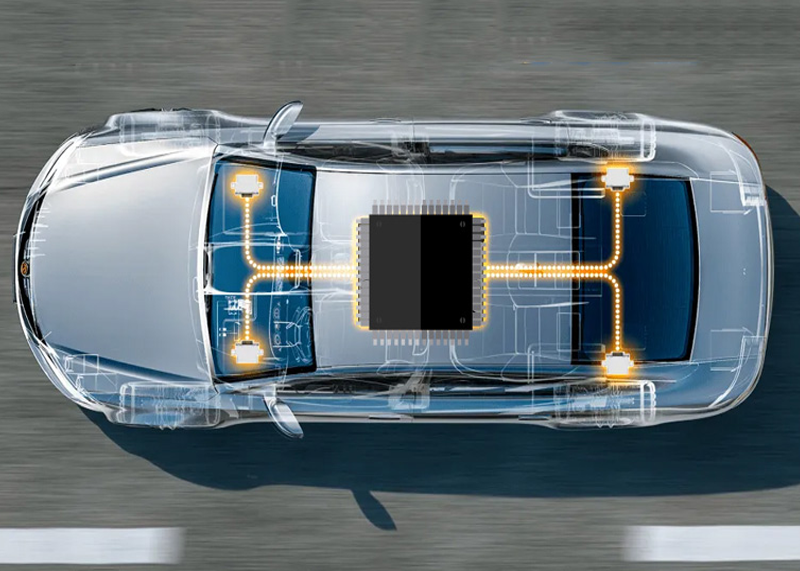专家:目前汽车芯片本土供应不足10% 2030年集成电路产业人才缺口20万
中国电动汽车百强副理事长兼秘书长张永伟在高峰论坛上表示:"目前看来车用芯片短缺的情况有所缓解,但这种供应相对紧张的局面应该会持续很长时间 . 产能太慢了。” 张永伟指出,目前汽车芯片的国内供应不足10%,这意味着每辆汽车中90%以上的芯片都是进口或外资本土企业提供的。 三年的芯片短缺导致全球汽车产量减少了约 1500 万辆,其中中国超过 200 万辆。
12月16日,全球智能汽车产业峰会(GIV2022)在安徽省合肥市正式拉开帷幕。 峰会邀请了来自汽车、信息、交通等领域的相关政府部门、行业组织、高校和龙头企业的100多位代表,深入探讨中国智能汽车发展的新路径。

会上,中国电动汽车百人会会长陈庆泰指出,2011年以来,中国率先在全球启动新能源汽车产业化,率先实现换道。 在此期间,中国选择了正确的技术路线,政府的推动政策合理适度,加之企业快速转型,中国实现了一系列新能源汽车的技术突破和规模化, 并最终获得世界汽车生产大国称号。 , 各大汽车企业的高度认可,推动了一场波澜壮阔的全球汽车革命。
据《国际电商报》报道,1-11月,我国新能源汽车产销量分别为625.3万辆和606.7万辆,同比增长1倍,市场占有率 达到了25%。 1-11月,我国动力电池累计装机258.5GWh,累计同比增长101.5%。 其中,三元电池累计装机量99.0GWh,占总装机量的38.3%,累计同比增长56.5%; 磷酸铁电池累计装机量159.1GWh,占总装机量的61.5%,累计同比增长145.5%。
1-11月,我国新能源汽车市场共有56家动力电池企业实现配套安装,同比增加1家。 前3、5和10强动力电池企业的动力电池装机量分别为201.3GWh、219.6GWh和244.7GWh,分别占总装机量的77.9%、85.0%和94.7%。
在新能源汽车的核心零部件——电机控制方面,本土供应商也开始占据主导地位。
新能源乘用车保险数据显示,2022年1-2022年10月,中国前10大新能源乘用车电控占比达69.3%; 新能源乘用车电机前10名,占比70.9%。 无论是新能源乘用车电控还是新能源乘用车电机,本土供应商都占据了市场核心地位。
陈庆泰强调,电动化只是这场汽车革命的序幕。 目前,人们担心的充电难、续航短、不安全等问题正逐渐成为历史。 造福居民、深刻改变经济社会的,是汽车的电动化、绿色化、智能化、网联化、共享化。 实现智能汽车、智慧能源、智慧交通、智慧城市的协同融合。 这是下一步努力的方向,也是下一步竞争的重点。
此外,中国电动汽车百强副理事长兼秘书长张永伟在高峰论坛上表示:“目前看来车用芯片的紧缺情况有所缓解,但这种相对紧张的供应应该会持续一段时间 很久。 ,主要是产能缓慢所致。” 张永伟指出,目前汽车芯片的国内供应不足10%,这意味着每辆汽车中90%以上的芯片都是进口或外资本土企业提供的。 三年的芯片短缺导致全球汽车产量减少了约 1500 万辆,其中中国超过 200 万辆。
他还指出,2022年渗透率



